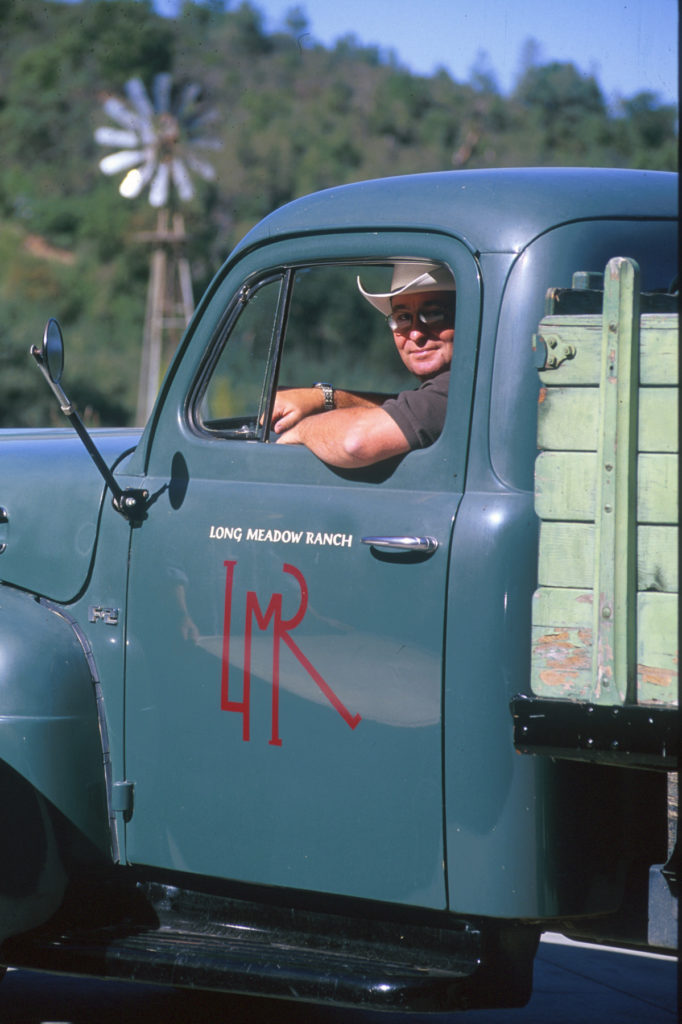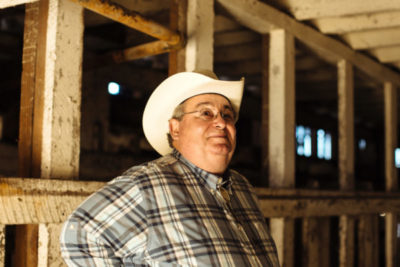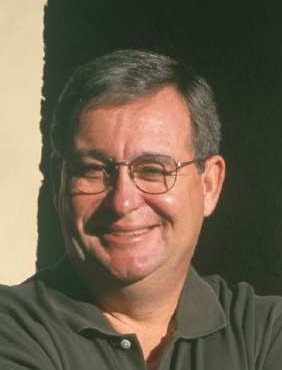Recently the Wall Street Journal ran an op ed politely suggesting that the British give up pound sterling and switch to greenbacks. It is the kind of strange idea that is so counterintuitive that you are prepared for satire or possibly a rant by someone still upset about the gold standard. Instead, you get this:
“There is much at stake in the U.K.’s choice. Adoption of the dollar would eliminate exchange rate risk, improving risk-adjusted returns for all asset classes. More venture capital would stay in the U.K. (and flow to it from the U.S.), stemming brain drain and fostering a more innovation-friendly environment in the U.K. The cost disadvantage and illiquidity premium associated with participating in a $40 trillion pool (euro zone plus the U.K.) will be significant compared to participating in a 40% larger $56 trillion pool (U.S. plus the U.K.). This is especially true because the U.S. already has thriving primary and secondary markets in the broadest range of financial instruments, especially longer tenure debt and niche products. The bad news is that both sides of the Atlantic have been nonchalant to date about which way the U.K. goes. The good news is that it isn’t too late.
“Like competition among computer operating systems, very few regimes will emerge as successful. Advantages from absolute scale and increasing returns created as additional participants join will define the winners. In this battle for scale, the U.K. has the enviable position of casting the $8-trillion swing vote. The euro needs it desperately. But for the U.K., the dollar may be more attractive, not least because of regulatory, legal, accounting, cultural and linguistic commonalities. The U.K. will likely find it easier to fashion a coordinated monetary policy with one compatible counterparty than with 15 countries with whom it agrees on wine but not on beef or Iraq.
Meet Ted Hall, master of the provocative, fact-based, global conclusion. Spend a few minutes with Ted and you will realize that he has a broader perspective than you do and you will find yourself wanting to spend a few more minutes with him. He is wicked smart, a hopeless polymath, and has a knack for making money. He is a mentor, friend, and hero.
Business consultant. In one of the world’s most demanding professional service partnerships, Ted was the youngest Principal, youngest Director, and one of the youngest Office Managers ever elected at McKinsey & Co. He influenced the careers of hundreds of consultants, affected the course of hundreds more clients. Ted did a great deal to bring microeconomic tools to business strategy, which seems obvious now, but was not obvious at the time he did it. I saw Ted in action many times as a consultant and a couple of times as a client. Expensive – and usually worth it.
 Rancher. Ted’s Long Meadow Ranch high atop the Mayacamas Mountains overlooking Rutherford, produces award-winning olive oil, beef, and ponies. “My message is that sustainable and organic practices are not a belief system, nor are they evangelical,” he says. “Organic farming is politically neutral; it’s simply a way of producing healthy food of higher quality and at a lower cost. Our efforts at Long Meadow Ranch are directed toward producing healthy foods, and educating people about them.”
Rancher. Ted’s Long Meadow Ranch high atop the Mayacamas Mountains overlooking Rutherford, produces award-winning olive oil, beef, and ponies. “My message is that sustainable and organic practices are not a belief system, nor are they evangelical,” he says. “Organic farming is politically neutral; it’s simply a way of producing healthy food of higher quality and at a lower cost. Our efforts at Long Meadow Ranch are directed toward producing healthy foods, and educating people about them.”
Winemaker. Ted began brewing wine in 1971 while at Stanford. He founded Long Meadow Ranch, a successful boutique, organic and environmentally vanguard maker of ultra-premium reds in Napa Valley. LMR was very hard hit when an arsonist at a Mare Island storage facility wiped out their stocks. Tangled Vines is a book that details Ted’s efforts to bring the arsonist to justice. LMR recovered.
Executive. As Chairman of Mondavi Wineries, Ted turned the company around and sold it to Constellation Brands to create the world’s largest wine producer. He made a bucket of money by helping the Mondavi family make several buckets of money.
Musician and record producer. An accomplished jazz trombonist, Ted co-founded and led a 17-piece big band in San Francisco, known as the Midnight Rounds, co-founded the independent jazz record label, Monarch Records, now part of Tambourine, Inc., which Ted now chairs.
 Entrepreneur. Ted and Laddie operate a winery, vineyards, olive trees, olive oil press at LMR. They also raise chickens and grass-fed Highlands cattle. They have grown steadily and today operate in five locations with products ranging from highly recognized wine to Farmstead, a restaurant they opened in downtown St. Helena. No ordinary restaurant, Ted restored the 125-year-old Logan/Ives gothic farmhouse, on the corner of Main Street and Charter Oak as a wine and olive oil tasting center.
Entrepreneur. Ted and Laddie operate a winery, vineyards, olive trees, olive oil press at LMR. They also raise chickens and grass-fed Highlands cattle. They have grown steadily and today operate in five locations with products ranging from highly recognized wine to Farmstead, a restaurant they opened in downtown St. Helena. No ordinary restaurant, Ted restored the 125-year-old Logan/Ives gothic farmhouse, on the corner of Main Street and Charter Oak as a wine and olive oil tasting center.
Behind the center, in a former barn, opened the Farmstead restaurant. Ted brought in specialists in restaurant design and operations, retained a world-class chef, and rebuilt the old barn using 92 percent reclaimed materials. His farm supplies most of the beef, eggs, olives, fruits, and vegetables. To the surprise of absolutely nobody, Farmstead has for several years been the most highly rated restaurant in Napa. Reservations go quickly. Up next: a small hotel and resort, built on the same tasteful principles as Farmstead.
Sailor. Ted has sailed competitively and skippered his own boat to a second place divisional finish in the 1987 Transpac Race from Long Beach to Honolulu. He owns and races a classic 58-foot wooden cutter, Bright Star. He belongs to lots of Yacht Clubs and, if memory serves, he owned boats.com or something like it back when a URL and a business plan were thought to be roughly the same thing.
 Policy wonk. Ted helped start the McKinsey Global Institute, which has done some very clever economic research that takes advantage of McKinsey’s access to global clients. They produced the best thinking that I am aware of on why productivity varies so much across countries.
Policy wonk. Ted helped start the McKinsey Global Institute, which has done some very clever economic research that takes advantage of McKinsey’s access to global clients. They produced the best thinking that I am aware of on why productivity varies so much across countries.
Ted Hall: seldom wrong, never in doubt. Gordon Brown may be laughing now, but as Chancellor of the British Exchequer and future Prime Minister, he will preside over what was once the world’s most powerful currency and its first reserve currency. Surely Ted Hall is right that we have a stake in this decision. Indeed, Ted quite likely has a point of view about what the US should be willing to pay the British to dollarize.
Updated from a 2009 JamSide Down post.






